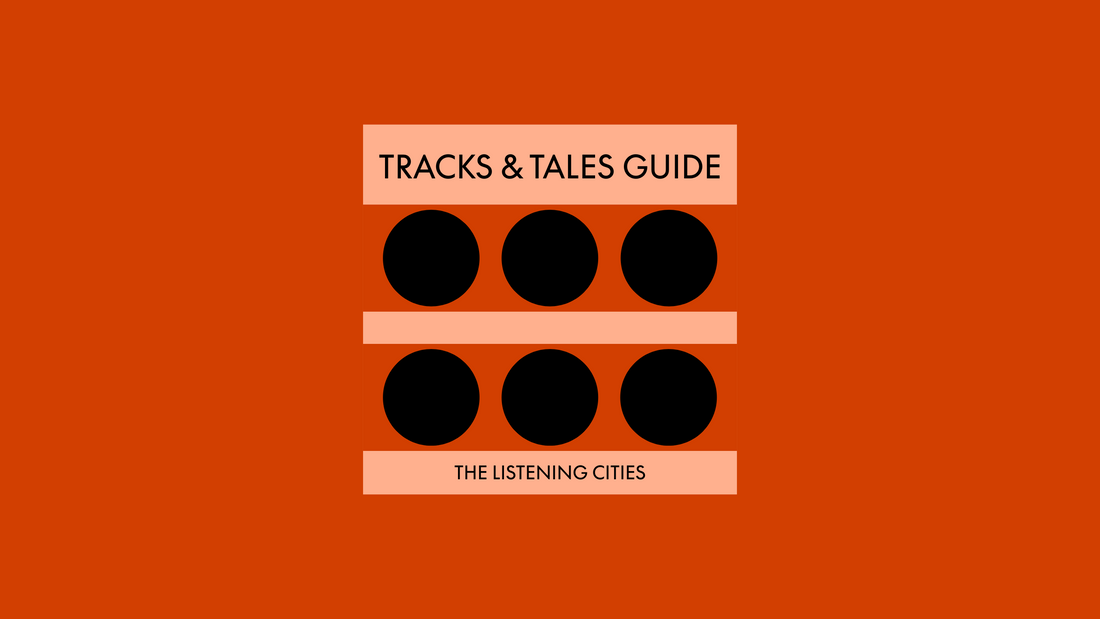
Fukuoka: Listening Bars — Port City Warmth and Intimate Fidelity
By Rafi Mercer
Fukuoka is Japan’s southern gateway, a port city closer to Seoul and Shanghai than to Tokyo. Its character has always been outward-looking: a place of trade, of exchange, of warm hospitality. Food defines its reputation — Hakata ramen, yatai stalls spilling onto the streets — but music, too, has always flowed easily here, carried by ships and travellers. It is within this context that Fukuoka’s listening bars thrive: intimate, hospitable, tuned with care but without austerity.
The lineage is familiar. Like Tokyo, Osaka, and Kyoto, Fukuoka nurtured a network of jazz kissaten in the post-war decades. Students and workers gathered in small rooms to hear imported vinyl they could not afford to own. That tradition, now updated, underpins the city’s current audiophile culture. But where Tokyo gave us precision and Osaka exuberance, Fukuoka offers warmth: bars that feel like extended living rooms, where sound and hospitality intertwine.
Among the most beloved is Jazz Inn New Combo, established in 1979, which continues to host live jazz alongside deep listening sessions. Its atmosphere is relaxed yet reverent, a place where locals mingle with visiting musicians. Bar Martha Fukuoka mirrors its Tokyo and Osaka siblings but inflects the model with Kyushu friendliness: staff chat more, the whisky pours flow, the records spin with less formality. Other hidden rooms across Tenjin and Daimyo follow suit — compact, vinyl-lined, glowing with tube amplifiers, where strangers quickly become companions.
What defines Fukuoka’s listening bars is their hospitality. The sound systems are serious — JBL horns, Altec monitors, custom Japanese amplifiers — but the atmosphere is unpretentious. Guests are welcomed not into shrines of silence but into convivial salons. A Coltrane record might play, but so might Japanese city pop or Brazilian samba, the selectors moving fluidly across genres in a way that mirrors the port city’s openness.
Design is similarly approachable. Bars are modest in size, often tucked above restaurants or behind narrow doors, interiors lined with wood and records rather than polished design statements. The warmth comes not just from sound but from people: bartenders who introduce tracks, patrons who recommend a record, the sense that you are not just in a bar but in a community.
Globally, Fukuoka matters because it reminds us that the listening bar is not only about rigour or spectacle. It can also be about welcome. These spaces carry Japan’s fidelity into a more relaxed register, showing that high-quality sound and everyday conviviality are not opposites but companions.
Sit in one of these rooms, perhaps after a bowl of Hakata ramen, whisky in hand, as a Mingus bassline rumbles through vintage horns, and you feel the essence of Fukuoka. Listening here is not rarefied. It is generous, warm, and shared — like the city itself.
Rafi Mercer writes about the spaces where music matters. For more stories from Tracks & Tales, subscribe here, or click here to read more.














